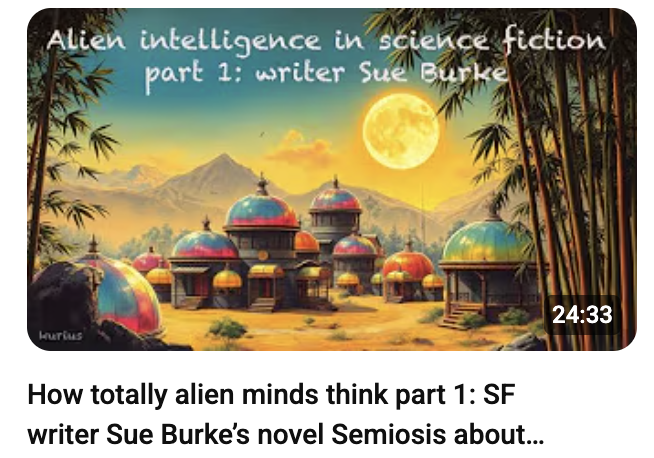
A sled in the shape of a jug of windshield de-icer with ICE out of MN on it with a laser loon! (photo credit, Naomi Kritzer).
...I should probably try to remember to post more often, least you all think that something dire has happened to me.
I think when I last checked in MONARCA was still up in operation and I was responding as a legal/constitutional observer. Well, as you may have gathered from the news things have gotten more chaotic here and so MONARCA was overwhelmed and is no longer functioning as a coordinated way to send people to active abductions by ICE.
Thus, since none of the calls I responded to were anything more than ten minutes too late or false alarms, I have switched to mutual aid work. (Activists are being careful not to sully the waters if you will since ICE is also keeping tabs on the watchers. So we don't want anyone who has been actively protesting or observing to be delivering groceries to people sheltering in place/hiding out from the gestapo, lest we lead the bad guys right to their doors.) I've found a local organization that was already in the business of giving out free food, a group that I lovingly called the Food Communists, who have pivoted their efforts towards feeding people who are sheltering in place/hiding from the gestapo.
They basically have open doors for folks to drop by and help when and how they can and that's been really good for me because it means that if I start to feel anxious about the police state at any point during the day I can wander down the street and see if there something I can do to aid the resistance. So far, it's been organizing doubled-up grocery bags and breaking down cardboard, but I think that all of us in this fight (and there are a lot of us) feel like all effort is good effort if it's helping our comrades and neighbors.
I have also been showing up to the various protests around the city.
There is a group of Midway neighbors who have organized a daily protection/protest gathering in front of our local Somali mosque so that we can defend people while they are vulnerable and in prayer. I joined them the other day while the temperatures plummeted and the wind whipped around our faces. But, it was so warming to the soul when the imam came out and thanked us all for being there and we waved to everyone heading out from safely prayers.
I'm in a Signal group for people who are gathering every day on a different street corner to sing songs of love, resistance, and hope. I've only been able to make one of their gatherings, but it was lovely to sing and be in community.
Mason and I joined the student walk out at the Saint Paul capitol a few days ago and it was nice to see all the youths being just as fierce as their more grown-up counterparts.
And then yesterday, I met
![[personal profile]](https://www.dreamwidth.org/img/silk/identity/user.png) naomikritzer
naomikritzer at Powderhorn Park and we watched a bunch of folks crash their art sleds.

Image: Naomi (left) and me (right) out at the art sled rally. Very bundled up. There was a high of 12 F/-11 C yesterday.
Because Minnesota is like that.
And if there is one thing that I could impart to my out of state and international friends it's that, yes, everything you see on the news is 100% happening, and also? We are sledding.
Mostly, what you see on the news makes it look like the streets are full of tear gas and, yes, it's true, ICE agents are deploying tear gas, rubber bullets, real bullets, flash grenades, and smoke bombs, but people are also still going to work and walking their dogs and singing. A lot of us are doing anything we can. People are carrying whistles and charging our phones every night to get all the film possible of the atrocities we are facing at the hands of masked, domestic terrorists who are abducting people without due process. We are standing guard over daycares and mosques and restaurants and sex shops and toy stores. (Because our sex shops have become food distribution centers and our Toy Shops have been giving away free whistles.) We are showing up and baking cookies for people on patrol. We are sweeping up after the people packing bags for people too afraid to leave their houses. We are taking to the streets with signs, sometimes all alone, but we are showing our neighbors, our immigrant and refugee families, that we want them, we love them, and we will not let them be taken without a fight.
This is what resistance looks like and it is awful, but it also hopeful and kind and loving, and, yes, even sometimes we make time for fun.








